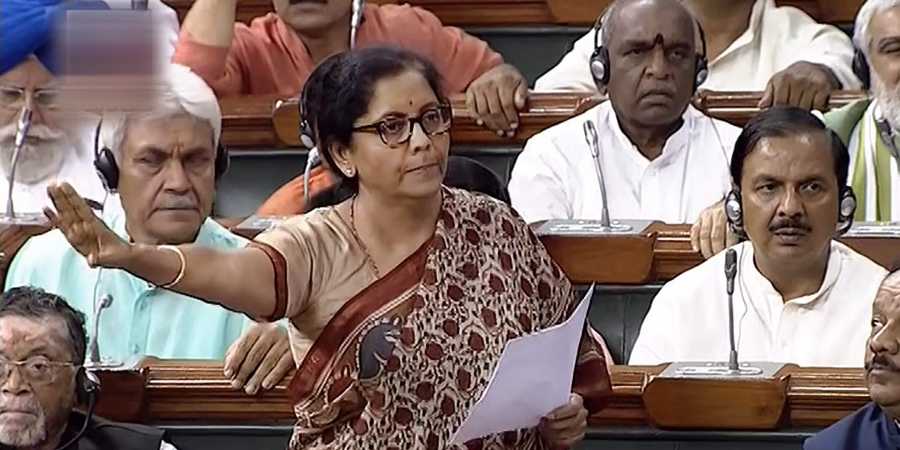The Banking Regulation (Amendment) Bill, 2020 was introduced in the Lok Sabha on Monday by Finance minister Nirmala Sitharaman. The bill aims to give absolute power to RBI to control the affairs of urban cooperative banks as well as DCCBs, on the lines of private and PSU banks.
The Statement of objects and reasons of the Bill says that keeping in view the developments in the banking sector and regulation thereof overtime, it has become necessary to strengthen the provisions of the said Act as applicable to co-operative banks.
It is proposed to bring the co-operative banks on par with the developments in the banking sector through better management and proper regulation of co-operative banks with a view to ensure that the affairs of the co-operative banks are conducted in a manner that protects the interests of the depositors.
It is further proposed to strengthen the co-operative banks by increasing professionalism, enabling access to capital, improving governance and ensuring sound banking through the Reserve Bank of India.
Before the introduction of the Bill, Finance Minister Nirmala Sitharaman moved a proposal in the Lok Sabha to withdraw the Bill introduced on March 3 during monsoon session. She said the Bill is being withdrawn to add a few things giving the Reserve Bank of India (RBI) a chance to be able to restructure distressed cooperative banks, which are in a serious crisis.
A few new features were added to the Bill introduced in March, according to sources. The RBI has been given power to implement the clause of moratorium on co-op banks, on the lines of Private and PSU banks. Now a distressed co-op bank can stop all public dealings till it is restructured and put back to sound financial health. The moratorium could be of varying length of time.
It was due to this provision that the Yes Bank could come back to normalcy when RBI could write off a large chunk of its bad loans. This provision would check a repeat of episodes seen in the case of many co-op banks including the PMC Bank, felt experts.
Also, the new Bill talks unequivocally of the Bill being applicable on DCCBs-which have been treated as personal fiefdom of ruling dispensation so far. Pawars and Mamatas are upset over this provision as they would no longer be able to use or misuse the DCCBs to suit their political agenda.
The revised Bill also allows RBI to approach High Courts and seek permission to go ahead with the restructuring of the co-op bank in question. They can write off loans, impose moratorium and even force merger of distressed banks—a big move to check the malaise of co-op banking, felt many experts.
